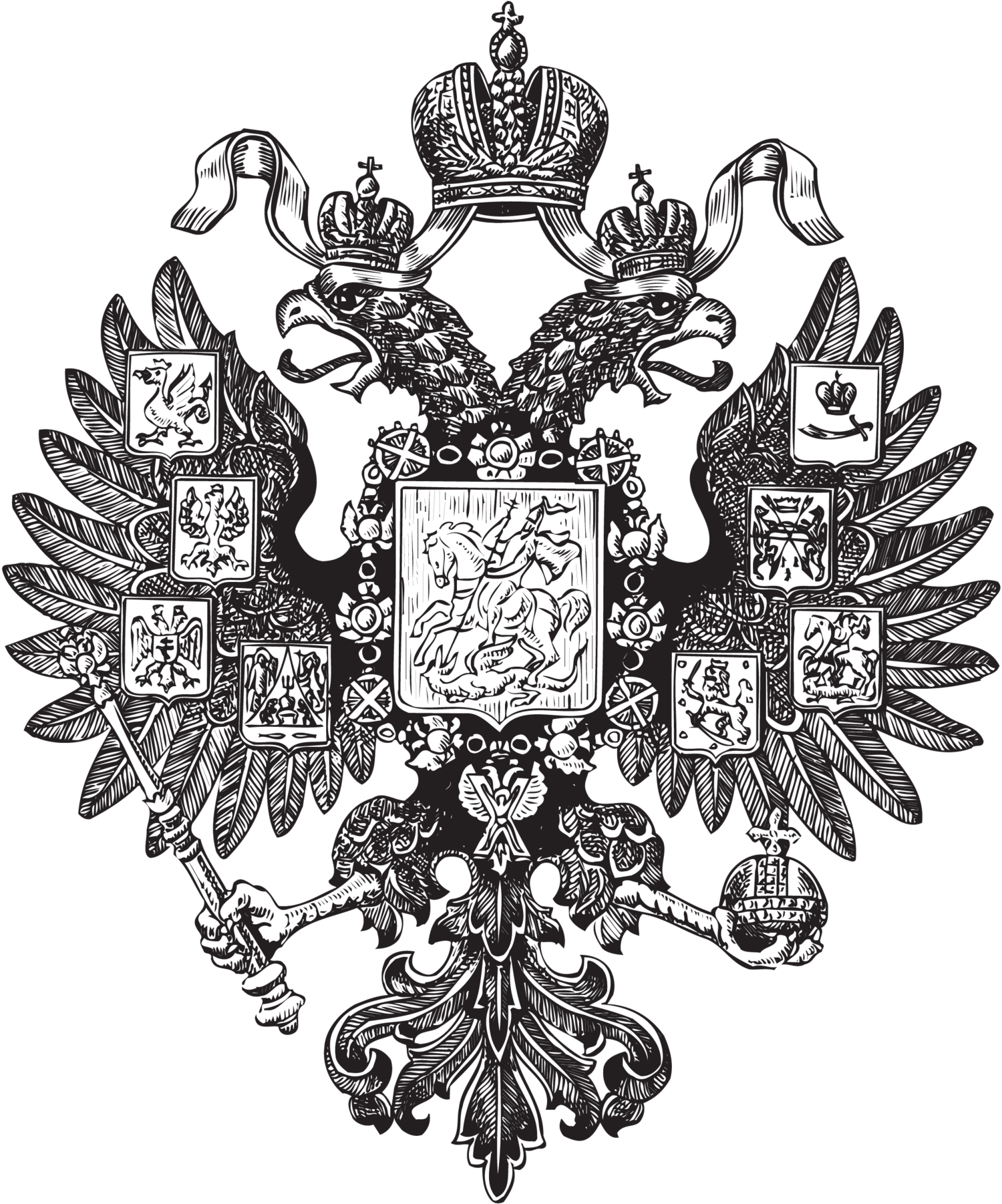What are the Pauline Laws?
The frontispiece for the Laws of the Russian Empire, published in 1815 by the publishing house of the Imperial Senate at Saint Petersburg.
What are the Pauline Laws?
The Pauline Laws are the Imperial Russian laws which establish the order of succession to the throne of the Russian Empire and regulate titles, honours, marriages, and membership in the Russian Imperial House. They are named after Emperor Paul I, who instituted them. The Pauline Laws replaced Peter I the Great’s Law of Succession of 1722, which allowed the emperor to pick his own successor. The Pauline Laws took the succession to the throne out of the emperor’s hands, because Paul I wanted to have the succession determined by the Law itself. The Pauline Laws regulated the succession to the Russian Imperial Throne to the end of the Empire and continue to regulate the membership and Headship of the Russian Imperial House today.
The Pauline Laws were promulgated jointly by Emperor Paul I and his second wife, Empress Maria Feodorovna (née Sophie Dorothea Auguste Luise, Duchess of Württemberg), on 5/16 April 1797, the day of their coronation. The Pauline Laws were issued as two separate documents: the “Act on the Succession to the Throne” (Akt o prestolonasledii) and the “Statute on the Imperial Family” (Uchrezhdenie ob Imperatorskoi Familii). The “Act” instituted the semi-Salic rules of succession to the throne, providing for male-preference primogeniture: that is, male succession by primogeniture, and then female succession after the death of the last male dynast. It also established the age of majority for heirs, outlined rules for establishing regency councils, and issued the first formal statement that the emperor is the head of the Russian Orthodox Church (“Gosudari Rossiiskie sut’ Glavoiu Tserkvi”). The “Statute on the Imperial Family” was an accompanying text for the “Act,” establishing and regulating the relationships among and between members of the Imperial Family, including the distribution of properties and incomes, titles and honours, and chivalric orders.
In 1820, Emperor Alexander I issued the first addendum to the Pauline Law, requiring members of the Imperial Family to marry equally (that is, to marry spouses from royal or sovereign houses) and barring from the succession and from membership in the Imperial House all children born of unequal marriages. Modifications were also made by Alexander III (in 1886) with respect to dynastic titles and by Nicholas II (in 1911), who made further changes to the rules governing marriages of dynasts.
The frontispiece for the Criminal Code of the Russian Empire, published in 1827 by the publishing house of the Imperial Senate at Saint Petersburg.
The contents of the “Act” and “Statute”, Alexander I’s 1820 decree, and subsequent addenda were combined and included in the chronologically arranged Complete Collection of the Laws of the Russian Empire (Polnoe sobranie zakonov Rossiiskoi imperii), published beginning in 1830, and the systematized Collection of Laws of the Russian Empire (Svod zakonov Rossiiskoi imperii), first published in 1832. In 1905, they became the first elements of the new Fundamental Laws (Osnovnye gosudarstvennye zakony Rossiiskoi imperii), compiled in 1906–1917. These legal codes defined the titles and powers of the monarch (Articles 4–6 of the 1906 Codification), the order of succession to the throne (Articles 25–39), the ages of majority for heirs and members of the dynasty and rules for regency councils (Articles 40–51, 197–218), the procedure for accession to the throne of a new emperor (Articles 53–55), the relationship between the Imperial House and the Russian Orthodox Church (Articles 62–65), the degrees of kinship in the Imperial House (Articles 126–134), membership in the Imperial House (Articles 135–143), titles, coats of arms, and other honours (Articles 144–163), and marriages of members of dynasty (Articles 183–196).
While the Pauline Laws ceased to be the law of the land as a result of the Russian Revolution in 1917, with many of its provisions no longer relevant to the conditions of a dynasty in exile, the sections of the Pauline Laws that regulate the membership and Headship of the Imperial House remain in full effect as the Romanoff House Law.



